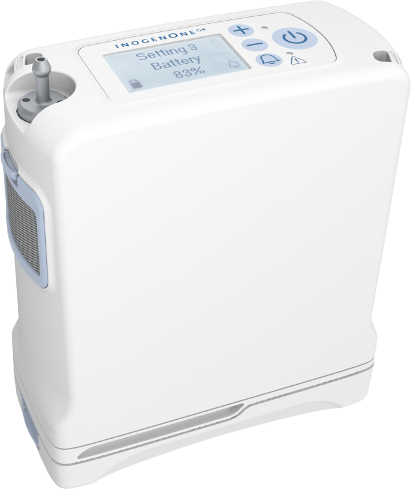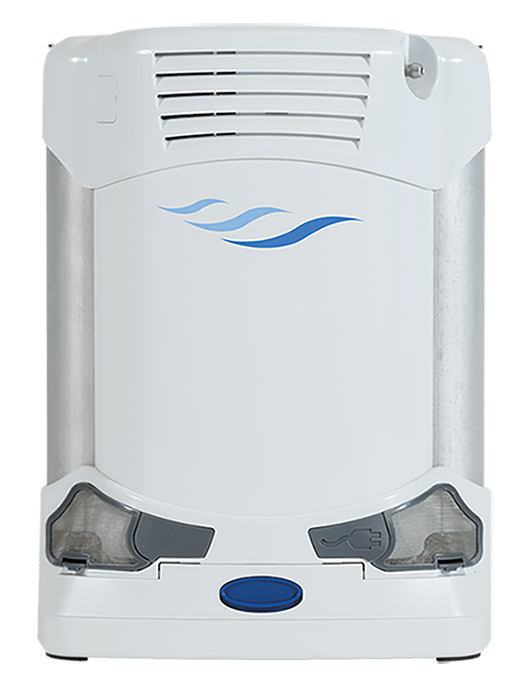
Tinnitus is a condition in which people experience a constant perception of sound without any external source of the sound. It may be temporary or chronic, intermittent or constant, and has been described as annoying, aggravating, a form of suffering, debilitating, and even disabling. In most cases, there is no cure, but the symptoms can usually be managed in a way that provides some relief and helps affected individuals cope. One treatment option is to use hearing aids. Read on to learn about using hearing aids as part of a management plan for tinnitus.
What is tinnitus?
The symptoms and experience of tinnitus vary from person to person, but it’s commonly described as a ringing in the ears. Some people hear buzzing or roaring, like waves rolling up on a shore. Others hear clicking, humming, or whistling. It may be constantly present or can come and go. In some people, it stops after a while, and in others, it becomes an unwanted lifelong companion. If tinnitus is present for three months or more, it’s considered chronic.
Tinnitus may be accompanied by an elevated sensitivity to otherwise ordinary sounds; this is known as hyperacusis. People with hyperacusis are sensitive to certain sounds, which may make those sounds so intolerable that they avoid them.
Tinnitus is much more than an annoyance. It is well documented in research literature that tinnitus may lead to anxiety, depression, sleep deprivation, irritability, and other issues that can directly affect one’s quality of life.
Risk factors for tinnitus
About 11.2% of Americans get tinnitus. Rates of tinnitus are higher in men than in women, but women are more likely to get severe symptoms. As with hearing loss, tinnitus becomes much more common as people age.
The exact cause of tinnitus remains uncertain, but we know there are risk factors for tinnitus. These include:
- Noise exposure: Even attending a concert can result in tinnitus, although usually of short duration. People who are exposed to extremely loud noises or are repeatedly in a noisy environment may develop more frequent, long-lasting symptoms.
- Hearing loss: Recent research has suggested that reduced activity in the nerve responsible for hearing may trigger other nerves in the brain stem to produce “phantom sounds,” which are perceived as tinnitus. Many people with tinnitus don’t notice their hearing loss because of the tinnitus.
- Medications: Certain medications may have tinnitus as a side effect, especially at higher doses. These ototoxic (toxic to the ears) drugs include some over-the-counter medications, such as aspirin, naproxen, and acetaminophen, as well as opioid painkillers, some antibiotics, some blood pressure medications, and some chemotherapy agents.
- Medical conditions: Ear infections, injuries that damage the ear, diabetes, thyroid disorders, migraines, and a host of other medical issues can trigger tinnitus. High blood pressure may sometimes result in people hearing their own pulse as the blood passes near the ear, a condition known as pulsatile tinnitus.
How can a hearing aid help tinnitus?
How can a device that increases hearing help someone who’s hearing extra sound? The current theory of tinnitus is that phantom noise is caused by the brain’s hearing circuits becoming hyperactive and creating the perception of noise in order to compensate for the reduced auditory stimulation that comes from hearing loss. Therefore, improving hearing reduces the brain’s misbehavior.
It’s believed that hearing aids also mask tinnitus by improving the wearer’s hearing level of real environmental sounds. Also, hearing aids reduce the considerable stress that people with hearing loss experience when they cannot follow conversations and participate in social or vocational activities. Since stress worsens tinnitus, it’s believed that the stress reduction provided by hearing aid use reduces tinnitus severity.
Find the Best Hearing Aids For You!
How effective are hearing aids for tinnitus?
Researchers first documented the benefits of using hearing aids to treat tinnitus in 1947. Numerous studies have since upheld these benefits. More recently, a 2022 clinical study found that people who used hearing aids reported significant improvement in and relief from their tinnitus compared to people who did not use them. In the study, hearing aid use together with counseling about dealing with tinnitus resulted in improvements in tinnitus for 85% of the participants.
The researchers concluded that “the prescription of hearing aids for patients with hearing impairments and tinnitus can provide audiological benefits and can positively impact tinnitus treatments.” Another 2022 research study drew similar conclusions: “Hearing aid fitting is a valuable treatment strategy for chronic tinnitus relief and associated hearing loss.”
The research has demonstrated that hearing aid use reduces how often and how much tinnitus bothers the person, how often it impairs their lives, and how much they suffer from the consequences of tinnitus.
Hearing aids are an effective treatment for tinnitus
Tinnitus is a common problem among Americans and is especially prevalent in those with hearing loss. Tinnitus is much more than a nuisance; studies have found that it can significantly impact people’s functionality and quality of life. Although there is no cure for tinnitus, hearing aids have been used for decades to reduce the severity and improve the quality of life of those who suffer from it. People with chronic tinnitus may wish to discuss hearing aids with their otolaryngologist (ear, nose, and throat specialist) or audiologist to find out if they are right for them.








